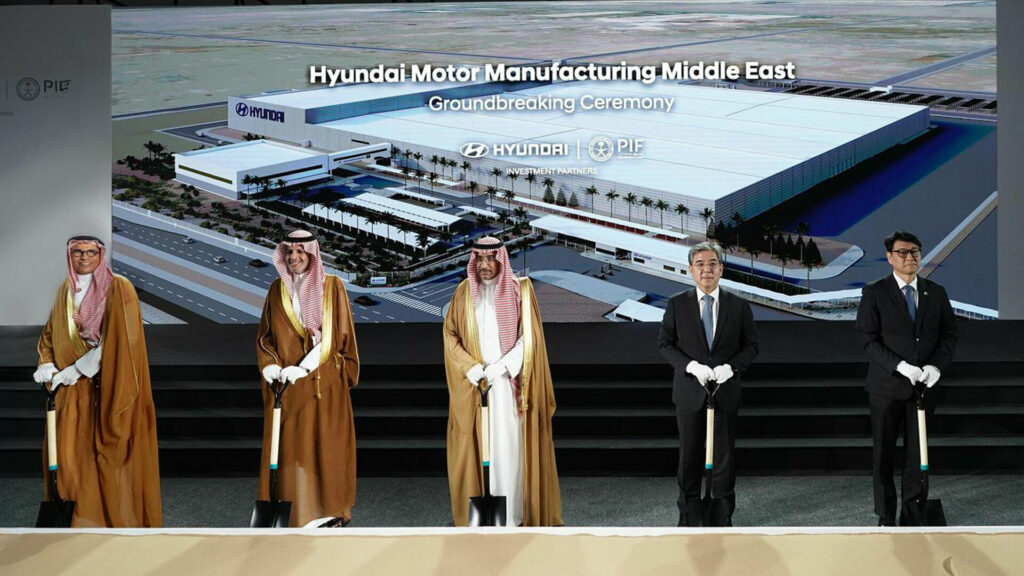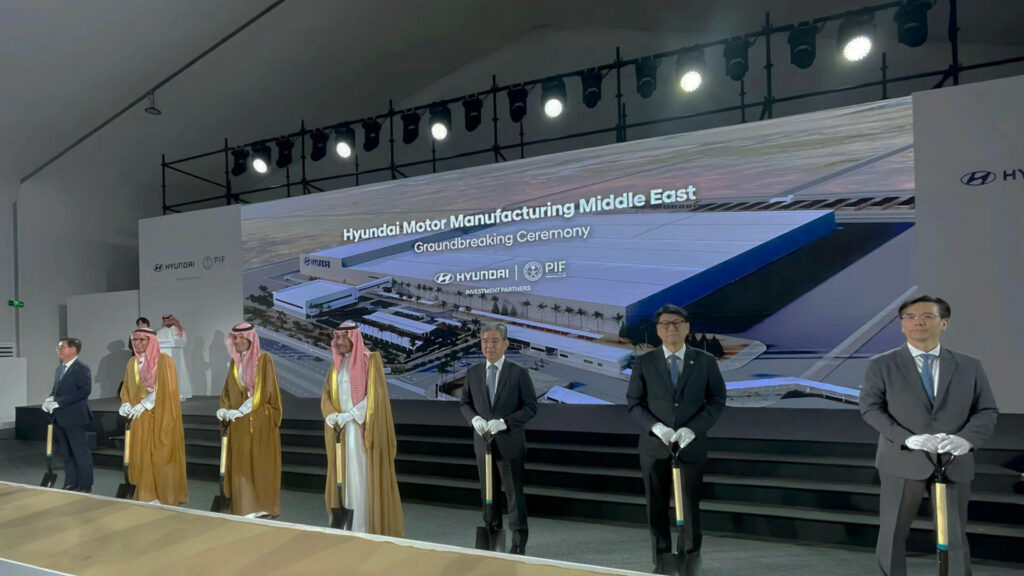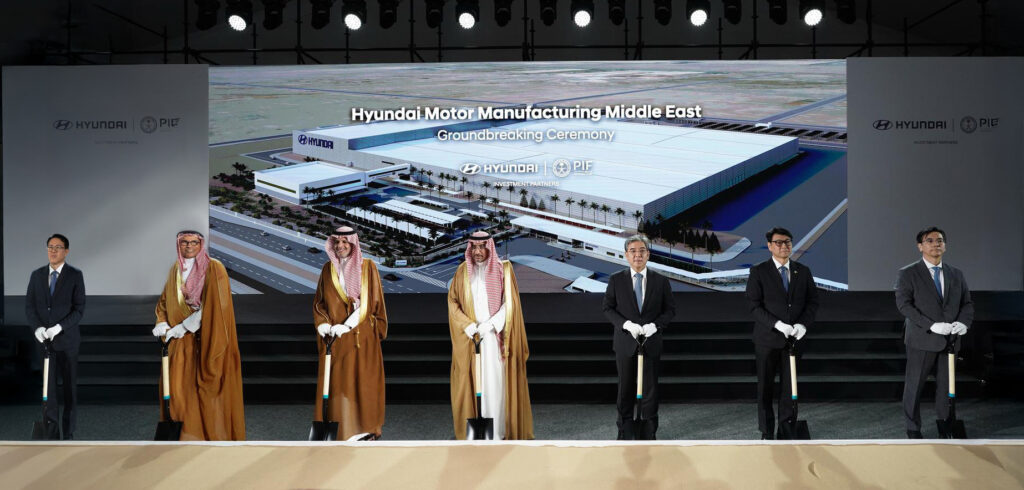Saudi Expansion

Hyundai is shifting gears with its recent venture in the Middle East as it breaks ground on its first production facility in the region. Nestled within the King Salman Automotive Cluster in King Abdullah Economic City, Saudi Arabia, this plant sets a new course for the company with an expected operational date at the end of 2026. The facility is projected to roll out up to 50,000 vehicles annually, blending both electric and traditional combustion engine powertrains.
This move mirrors a growing trend among automakers who are eyeing Saudi Arabia as a budding hub for automotive manufacturing. The country’s ambitions are underscored by its Vision 2030 initiative, a strategy to diversify its economy beyond oil, pivoting towards industries like vehicle manufacturing. Hyundai’s new plant isn’t just about making cars; it’s about reinforcing its footprint in the Middle Eastern market.
Strategic Move

Hyundai’s venture into Saudi Arabia arrives on the heels of Lucid Motors, which also opened a manufacturing plant in the kingdom. Lucid’s facility, boasting a potential output of up to 150,000 vehicles annually, set a precedent for what could be expected in the region. The Lucid plant initially assembles semi-knock-down kits sourced from Arizona but aims to grow into a comprehensive production powerhouse.
Saudi Arabia’s Public Investment Fund, known for owning a significant chunk of Lucid shares, is also playing a major role in Hyundai’s new establishment. The fund will own 70% of the joint venture, while Hyundai retains a 30% stake, illustrating a strong local commitment to becoming a significant player in automotive production.
Plant Prospects

The plant’s dual focus on electric vehicles and internal combustion engines positions Hyundai to adapt to varying market demands and regulatory shifts towards greener technologies. As electric vehicles continue to climb in popularity due to environmental benefits and long-term cost savings, this flexibility ensures Hyundai’s strategy remains forward-thinking.
Saudi Arabia has historically been an unconventional choice for car manufacturing, yet the recent influx of investments courtesy of Vision 2030 suggests a landscape shift. As the nation pivots away from relying solely on oil revenues, the automotive sector provides new economic avenues and job opportunities.
Driving Experience
The Middle-Eastern made Hyundai vehicles will appeal to enthusiasts seeking a balance between innovation and reliability. While the final list of models is yet to be announced, it’s reasonable to anticipate that the vehicles will resemble Hyundai’s existing line-up, known for their smooth drives and user-friendly tech features. These models should offer a similarly reliable driving experience familiar to the brand, accompanied by the added benefit of being produced in a region focused on automotive innovation.
As the assembly line gears up, the entry and existence of Hyundai on Saudi soil heralds a new era for industrial diversification in the kingdom. It will be fascinating to watch how this impacts the daily driving elements, given the shift from oil to new automotive frontiers. This plant may just become a beacon in the automotive world, combining corporate strategy with regional progression.
EV Credits At Risk
Jeep's Tent on Wheels
Minivans Resurgence
Waymo's Recall Shift
Ioniq 9 Lease Offers